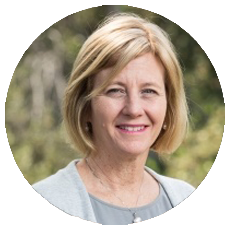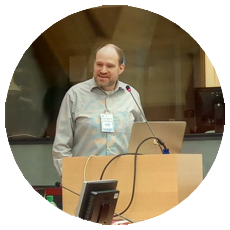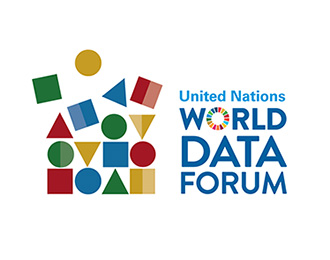FAO produces and synthesizes a wealth of information data across all the sectors to help eradicate poverty, eliminate hunger, food insecurity and malnutrition, make agriculture, forestry and fisheries more productive and sustainable, reduce rural poverty, enable inclusive and efficient agricultural and food systems, and increase the resilience of livelihoods to threats and crises. These information and data are in text, statistical, graphic and map formats that are accessible through a wide number of FAO Knowledge Platforms.
In order to efficiently discover information from diverse sources, enabling the use of common semantic vocabularies, operating as backbone, becomes crucial to harmonize information and data. Therefore, the provision of tools to facilitate data interoperability is just as important as raising awareness to maximize the accessibility to data.
Advances in digital technologies are evolving at an exponential pace, transforming personal, community, and business environments. New digital technologies are permeating the food and agriculture domain, creating new opportunities to improve ways to produce, store, transform and market food. Digital Innovation also enables improved planning and monitoring, promoting resilience through enhancing and strengthening early-warning capabilities, and evidence-based policy decisions for the management of food systems.
Geospatial technology plays a fundamental supporting role in the quest for food security by identifying and monitoring natural resource use and proposing adequate information for policy relevant solutions. Through remote sensing, FAO defines standards and indicators for the regular qualitative and quantitative monitoring of land and water resources, and methodologies and tools that support governments and institutions in the study and assessment of innovative and effective plans for production, management, safeguarding and building resilience of natural resources.
The objective of the Session is stocktaking the use of semantic vocabularies and technologies, innovative practices, knowledge sharing and management (on challenges on experiences on strengthening the agriculture data innovation systems in countries), and promotes the upscaling of innovations that potentially have large benefits for countries on their agricultural planning, increase food security rural development, achieve the SDGs, and in increasing investments for upscaling of innovations. By identifying opportunities, leveraging digital innovations as tools to make available FAO’s information and knowledge for all.
This session brings together innovative scientists, investors and existing initiatives of FAO partnerships and programmes to discuss lessons learned on developed innovative solutions and exchange of data to enable research, policies and innovations to better inform humanitarian decision making and achieving SDGs.

Facilitator
Imma Subirats
Food and Agriculture Organization of United Nations (FAO)
Speakers

Julia
Bailey-Serres
University of California

Patricio
Grassini
University of Nebraska-Lincoln (UNL)
 Laura
Laura
Meggiolaro
Land Portal Foundation
 Daniel
Daniel
Martini
Association for
Technology and
Structures in
Agriculture (KTBL)

Ece
Aksoy
Food and
Agriculture
Organization of United Nations (FAO)

Sarah
Cummings
Nielsen

